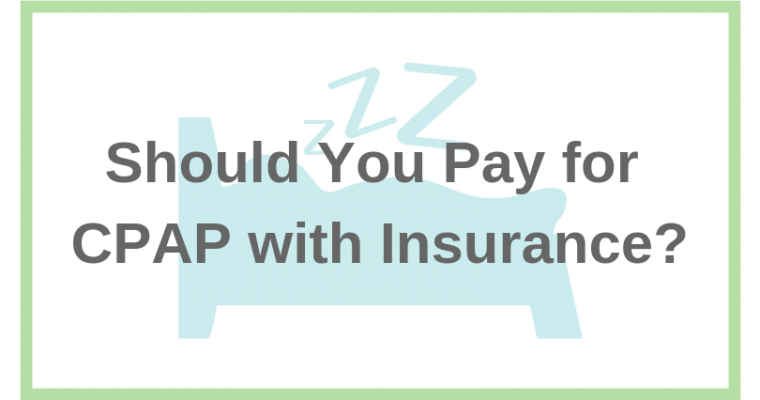Does Insurance Cover CPAP Machine?

When you purchase a CPAP machine through your insurance company, how much data are you giving them without knowing it – and what will they do with that data? Those are questions we're asking ourselves after a recent story by Marshall Allen of ProPublica, which co-published his story with NPR. Allen discovered that many durable medical equipment companies collect information from CPAP machines and share that information with insurance companies, which monitor whether or not patients are using the device as required.
DME Supply USA puts patients, and their privacy, as our top priority. We are not a Medicare, Medicaid, nor any insurance payer participant, offering discounted durable medical equipment directly to you. Our company does not provide your medical or financial information to anyone outside of our company, and we never will.
If a patient is not using their device correctly, insurance companies argue, then they shouldn't have to pay for the machine. But that ignores a wide range of issues that could be causing someone to not be in compliance, like a broken hose or a mask that doesn't fit right. Sharing information with your doctor, who can monitor usage to make sure that the CPAP settings are correct and that it fits you as it should, is important. But your health decisions should be between you and your doctor. What's more, by using insurance to pay for CPAP machines, Allen found, you will often pay more than if you buy direct. Many insurance companies require patients to only use specific vendors, if they pay with insurance, and may require that the individual rent rather than buy the machine. "Patients have been required to rent CPAPs at rates that total much more than the retail price of the devices," writes Allen, "or they’ve discovered that the supplies would be substantially cheaper if they didn’t have insurance at all." And if you're not in compliance, your insurance company may refuse to pay. Should you pay for CPAP with insurance? Do your research first:
- Check out the prices online. Know what the equipment you need actually should cost.
- Calculate the rental fees. If your insurer requires you to rent the machine, find out how long the rental term is and what the monthly cost will be. Then check to see what you'd actually pay for the CPAP if you bought it yourself.
- Shop for CPAP supplies You can often find CPAP accessories, masks, and other supplies online at much lower prices than buying through insurance.
- No matter where you buy your CPAP device, ask about their privacy and data sharing policies. Find out who will have your medical information so you can be prepared for how they might use it.
Those of us who are lucky enough to have decent health insurance tend to assume that it'll take care of most of our medical expenses – including paying for the medical equipment that we need to stay healthy. Unfortunately, not only can you sometimes end up paying more in the long run when you make your purchase with insurance, you might be giving away more data than you realize, and making your costs go up even more.








Comments